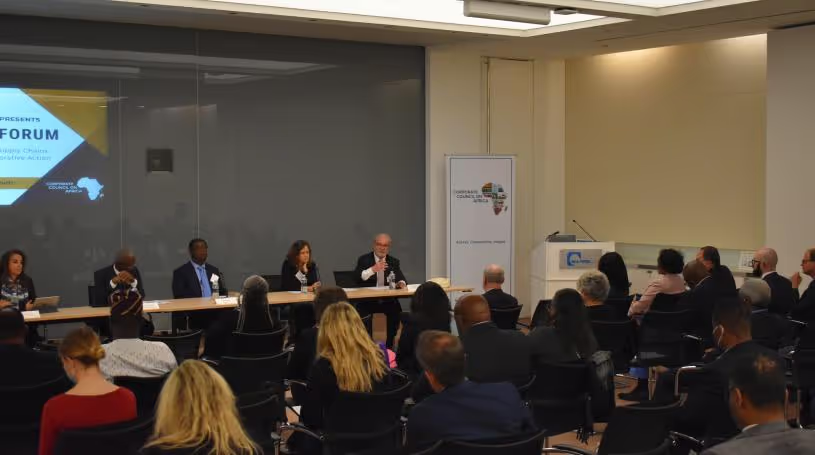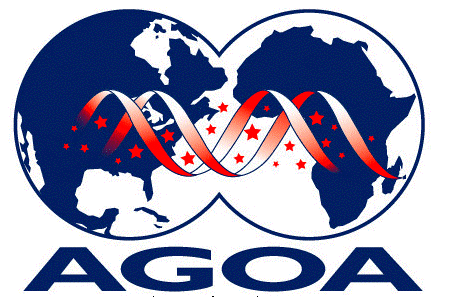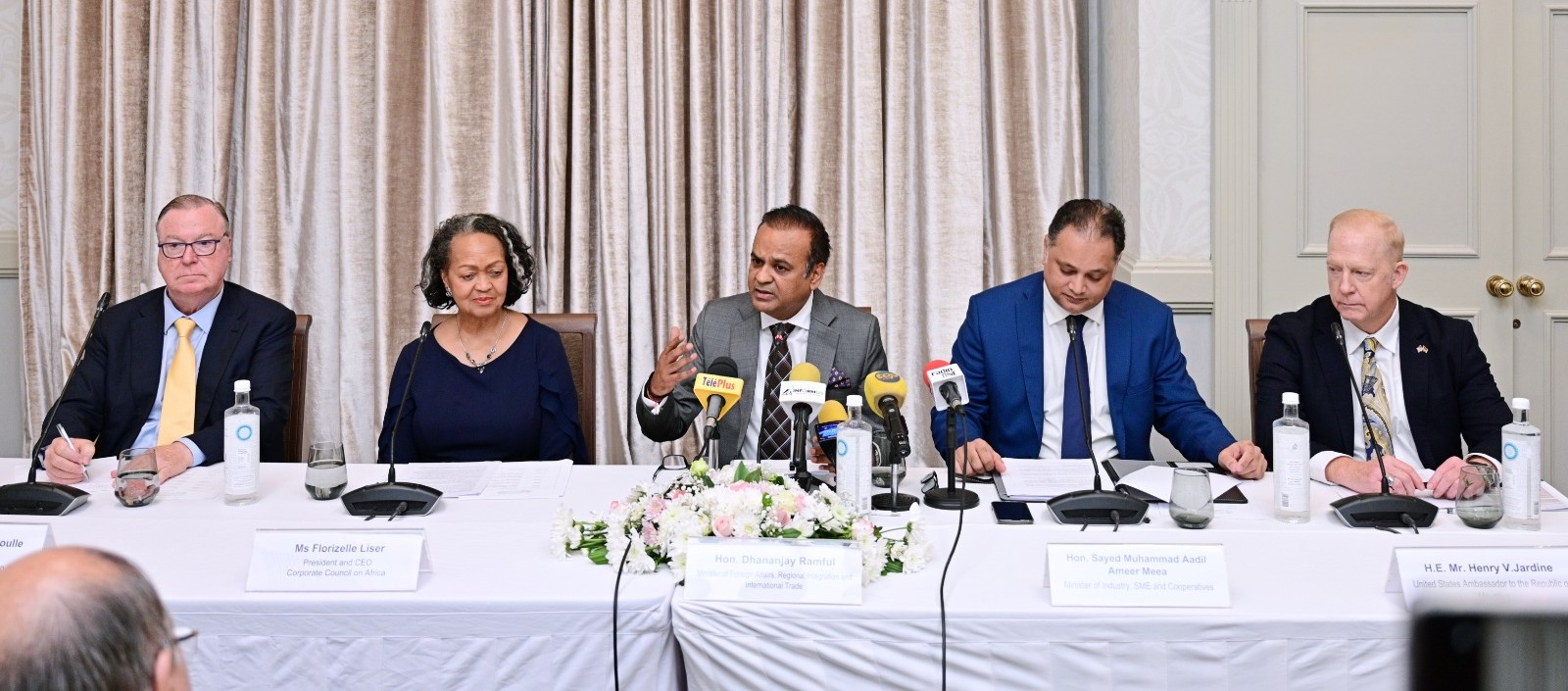Africa Finance Forum: Disruptions in Global Agribusiness Supply Chains - Impact in Africa and Need for Collaborative Action

On Wednesday, April 20, 2022, Corporate Council on Africa (CCA) hosted an event at DLA Piper for the 2022 Africa Finance Forum entitled “Disruptions in Global Agribusiness Supply Chains: Impact in Africa and Need for Collaborative Action.” The Forum served as an opportunity to discuss challenges and opportunities in agribusiness in Africa, moderated by Dr. Mima Nedelcovych, Chairman of AfricaGlobal Schaffer. Speakers included Dr. Hanan Morsy, Deputy Executive Secretary and Chief Economist for the UN Economic Commission for Africa; Dr. Doyin Salami, Chief Economic Advisor for Nigerian President Muhammadu Buhari; Mr. Fatai Yusufu, Founder, CEO, President and Chairman of the Board of Fayus, Inc; and Dr. Beth Dunford, Vice President, Agriculture, Human and Social Development of African Development Bank.Naana Frimpong, a partner at DLA Piper, provided the introduction, setting the stage for the event on agribusiness and identifying key areas such as wheat, maize, and sunflower oil heavily impacted by the war in Ukraine.Florie Liser, President and CEO of the Corporate Council on Africa, delivered the opening remarks. Ms. Liser set the scene for the Forum, explaining the heavy economic shock African countries are facing with prices rising dramatically in oil, wheat, fertilizer, barley, and other agricultural products. She stressed the need for U.S.-Africa public-private collaboration to strategically address the impact of this crisis on Africa, its agricultural sector, and people.Dr. Nedelcovych explained the proximity of growing season in the next couple of weeks, with a hike in fuel prices impacting the ability to use farm machinery and transport. With Africa’s hundreds of millions smallholder farmers already facing challenges in accessing and using the latest and best technology to increase productivity, increased global commodity prices make things even more difficult.Dr. Morsy began the session with statistics, as Ukraine and Russia account for 37% of Africa’s wheat imports, and 30% of its maize/corn imports. This has immediate impacts on food supply for a number of countries; specifically, 17 countries in Africa import 50% or more of their wheat from those two countries. The affected countries account for 50% of Africa’s population and 65% of its GDP. Russia’s invasion of Ukraine also disrupted some peripheral but important supplies of products, like sunflower oil. Ukraine currently produces 74% of the world’s supply of this increasingly important product.She also noted that the impact on Africa goes well beyond just access to food supply, which is worrying enough, stating the large impact of food insecurity and political instability in Africa. The Russian invasion is also disrupting supplies of fertilizer to Africa, which relies on Russia, Ukraine, and Belarus for access to something like 40% of its fertilizer supplies. Dr. Morsy noted that this twin economic shock is coming on top of the impact of COVID 19 disruptions and economic downturns. She noted that UNECA is looking to build on the platform that ended up serving as a vaccine procurement effort to help coordinate food procurement, and more importantly, fertilizer. African countries are working now to sort out the specific details.Dr. Dunford noted that the AFDB is working to put in place a $1.5 billion financing facility to help countries make emergency food purchases, particularly noting that this crisis has driven prices up considerably. She also noted that fuel prices are more expensive for farmers, which will also impact prosperity and their ability to plant.Dr. Salami spoke at great length about the importance of the federal and state governments in Nigeria working with farmers to figure out how best to help them weather this current crisis and set the stage for longer term security. He stressed that solutions must come as agro-industry, not just growing food. He stressed that agriculture needs to generate more jobs, and that supply chains need to be more local to reduce the prospects for these kinds of external supply shocks.Mr. Yusufu spoke extensively about the cost of freight, imploring governments to provide assistance. He also raised the topic of waste, which all panelists agreed is shocking in Africa, with at least 30% of crops grown getting lost on the way to market. Mr. Yusufu also spoke in depth about the need for local value-added production instead of shipping products overseas, listing cashews grown in Africa but processed in Vietnam as an example.The Forum featured members from CCA and the Africa development community. Attendees included CCA Chairman Jeff Sturchio, AfricaGlobal Schaffer, Development Finance International, Citi, Manchester Trade Limited, Cohen and Woods International, DLA Piper, and more.Topics addressed in the question-and-answer section included the need to spur more African fertilizer production, opportunities to cut down on waste, the impact of AfCFTA on agribusiness trade, and the need to build capacity in proximity to production.Florie Liser, President and CEO of the Corporate Council on Africa, delivered the closing remarks, emphasizing Africa’s agribusiness progress. She expressed CCA’s continued mandate to support the infrastructure development of African nations by continuing to provide a platform for discussions on U.S.- Africa collaboration for economic growth.



